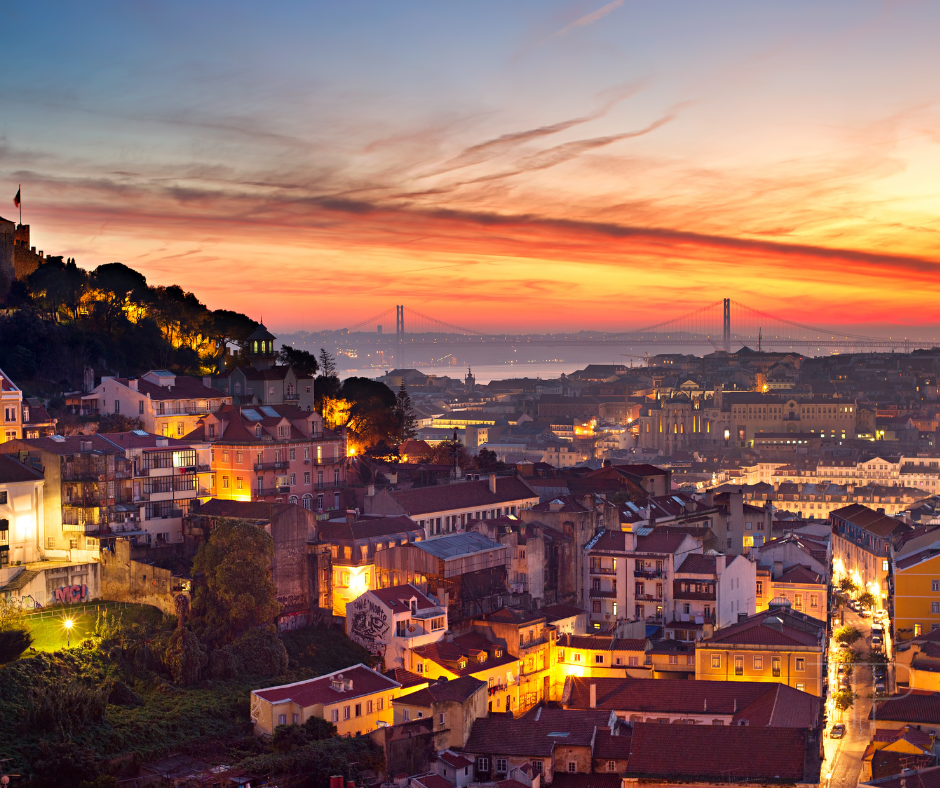The British magazine ‘The Economist’ took five indicators into account , including inflation, GDP, the stock market or employment. Finland, Austria, Germany and the United Kingdom were the worst performers.
The Portuguese economy recorded the eighth best performance among the 35 countries of the Organization for Economic Cooperation and Development (OECD).
The analysis was carried out by the British magazine “The Economist” and takes into account various indicators: core inflation prices, inflation amplitude (calculates the items in the basket of goods that have risen by more than 2% in a year), GDP, employment and stock market prices. The period under analysis was between the fourth quarter of 2022 and the third quarter of 2023.
Looking at Portugal, core prices rose by 3.5%, while inflation fell by 6.7%. GDP rose by 1.4% in this period, with employment rising by 0.9% and share prices increasing by 1.3%.
Portugal is in eighth place ex aequo with Spain, which performed better in terms of employment and share prices, but worse in terms of inflation.
“Almost everyone expected a global recession in 2023 as central bankers raised interest rates to cool inflation. The consensus was wrong. Global GDP probably grew by 3%. Labor markets have held up. Inflation is coming down. Stock markets are up 20%,” writes the Economist in its ranking published in December.
A year ago, Portugal came second in this ranking, only behind Greece, with Ireland rounding off the podium.
At the time, GDP had advanced by 2.9%, prices had risen by 9.6%, with inflation standing at 82.4%, while share prices had risen by 7% and public debt to GDP had fallen by 12%.
The list is led by Greece, with shares shooting up by over 40%, employment and GDP growing by over 1%, and inflation falling by 13%.
This is the second year in a row that Greece has topped the list, “a remarkable result for an economy that until recently was synonymous with bad management”, according to the Economist.
The podium is followed by South Korea and the United States in the ranking with falls in inflation and rises in employment and GDP.
Ireland recorded the biggest fall in GDP (-4.1%), with Estonia also in recession (-2.6%), followed by Austria (-1.5%), the Netherlands (-1.1%) and Iceland (-1.0%).
The strongest performance came from Turkey (3.3%), Poland (2.9%), Mexico (2.6%), the USA (2.3%), Israel (2.3%), South Korea (1.6%) and Portugal (1.4%).
At the bottom of the table there are a few surprises, such as red lantern Finland, heavily affected by its energy dependence on Russia, with inflation rising by over 6%, GDP of -0.4%, employment growing by 0.5% and share prices falling by 12%.
It is followed by Iceland and Austria, with the latter recording a 1.5% drop in GDP.
In 30th place, the United Kingdom saw anemic growth in GDP and employment and a fall in share prices.
In 27th place, Germany saw inflation soar by 19%, with GDP remaining unchanged.

